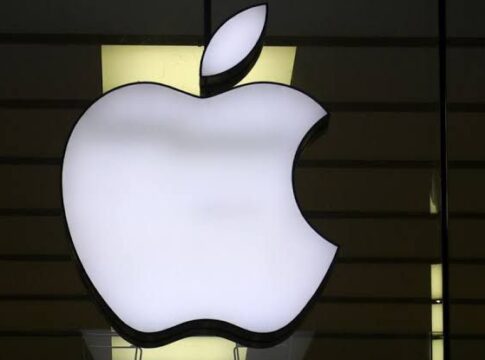Apple has denied claims by the Democratic Republic of Congo (DRC) that it profits from conflict minerals, affirming it ordered suppliers earlier this year to cease sourcing from the region.
The DRC accuses the tech giant of using “blood minerals” tied to violence in its eastern provinces. The minerals—tin, tantalum, tungsten, and gold—are critical for electronic devices but are often linked to funding armed groups.
Apple’s response follows criminal complaints filed against the company in France and Belgium. The DRC alleges war crimes, money laundering, and forgery, holding Apple accountable for indirectly enabling atrocities.
READ MORE: AfDB: Nigeria, Others Need $10 Billion Annually for Debt Refinancing by 2025
The mineral-rich eastern DRC has been plagued by conflict for decades, with rebel groups, some reportedly supported by Rwanda, accused of horrific crimes. The United Nations has documented massacres, sexual violence, and exploitation tied to illegal mining operations.
Apple’s statement did not specify how the company will ensure compliance across its complex supply chain. Observers remain skeptical about its ability to sever ties with conflict minerals entirely.
Kinshasa insists it will pursue legal action to expose the role of international companies in sustaining violence.
Apple, which relies on these materials for its flagship products, has long claimed its supply chains are ethical. The ongoing legal challenges could intensify scrutiny of global tech companies’ reliance on vulnerable regions for critical raw materials.




